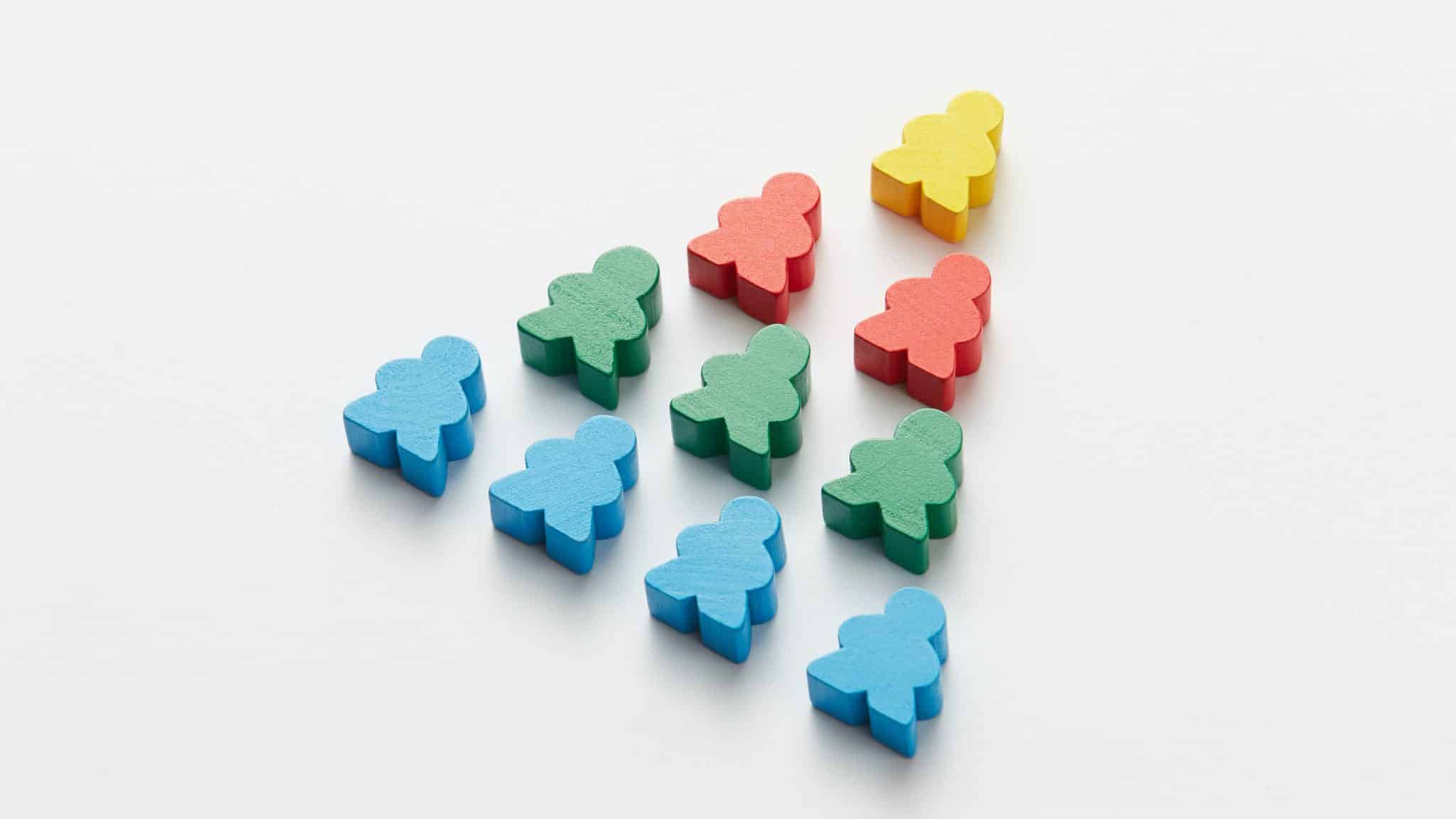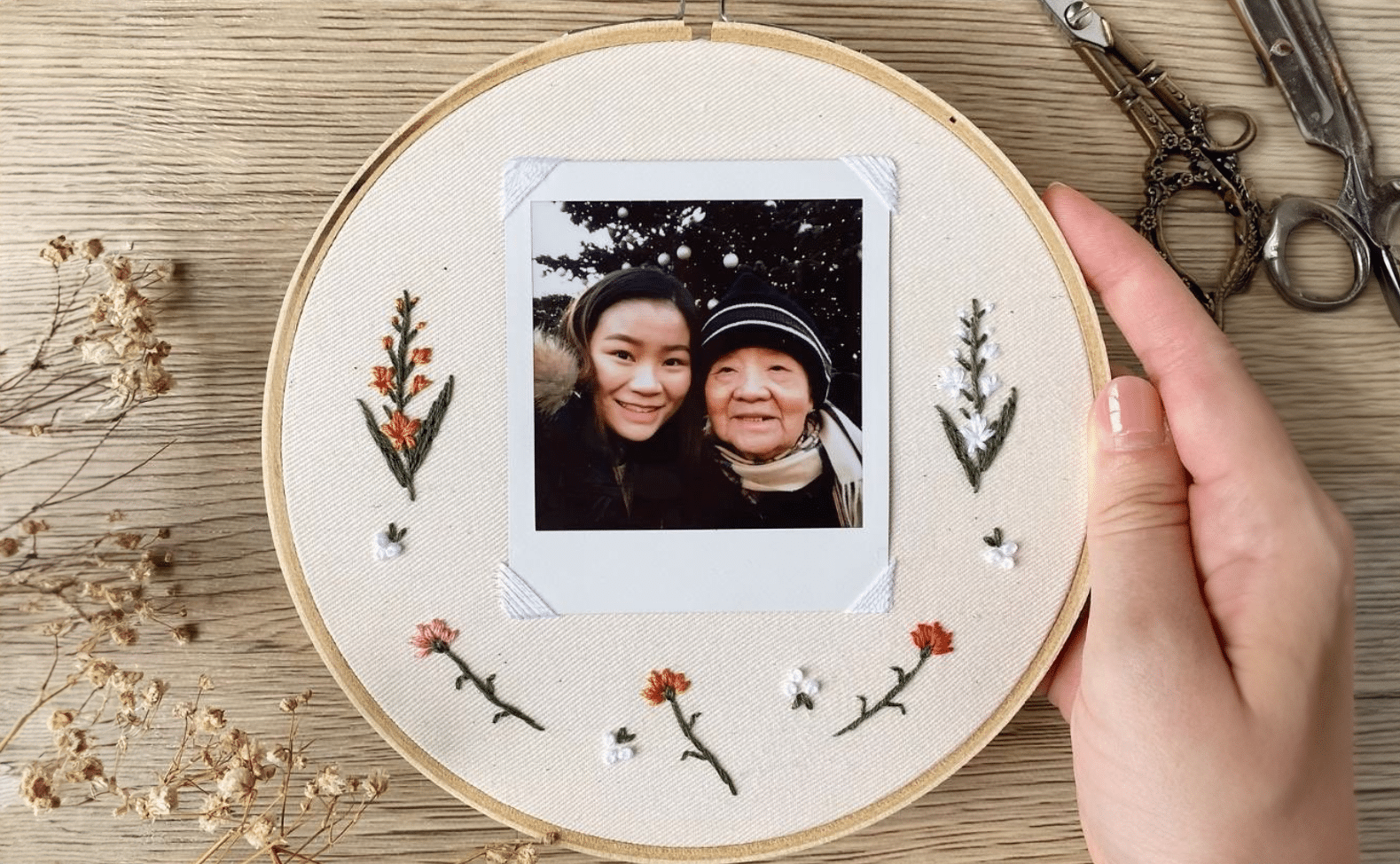My health scare taught me to embrace tension. Here’s how tension can benefit Christian organisations, too
Associate Professor Tan Boon Yeow // August 16, 2022, 2:57 pm

"Like a violin string that needs to be tightened to the right tension in order to produce good music, tension is also often a prerequisite for growth," writes St Luke's Hospital CEO Tan Boon Yeow. Photo by Mart Production from Pexels.
In the early days of coping with Covid-19, I allowed myself to slip into an unhealthy state of indiscriminate eating when I felt down.
I also neglected exercising as there was always so much to do. The result was me putting on quite a few pounds.
The reality hit me when I received my health screening results in late 2020.
The reality hit me when I received my health screening results in late 2020.
I decided to put my mind towards losing the extra weight I had gained. I exercised with weight training and grew more conscious of what I ate.
It was painful at the start as my (not so young) body was not used to being stressed with weight training. I had to check in with a physiotherapist ever so often to relieve the muscle tension brought about by the strengthening exercises.
With time, I developed the right posture and movements to minimise injuries and unhealthy tension.
Slowly, I developed muscles and gained strength. I successfully lost 10kg in 18 months.
Tension can be a good thing
People face tension. Through the ages and everywhere – this is the reality of life. Whether from big-scale events like war or famine, or from personal relational issues, we all must navigate situations that cause tension in our lives.
Is tension necessarily bad? I don’t believe it is always so.
Being a Christian will naturally result in us facing tension.
On the contrary, being a Christian will naturally result in us facing tension.
We are called to be “in the world but not of it” (John 15:19, John 17:14-15). As we interact with the world and its attractions, we may find it difficult to live out God’s precepts or mandates as it comes with the cost of being different from the majority.
We live in the tension of the “already and not yet”. We have received salvation and started to live out heaven on earth, but have yet to fully commune with God until the day we meet Him in person.
However, tension is also often a prerequisite for growth. Like a guitar or violin string that needs to be tightened to the right tension in order to produce good music, or like muscles in our body needing to undergo sufficient stress before growing in bulk and strength.
Tensions in Christian organisational leadership
We can embrace tension at an organisational level, too.
Healthy tension prevents us from falling into a complacent or lacklustre state. It even gives rise to innovation and creativity.
As leaders, a common tension we face is the competing demand between those of clients, staff and the organisation.
Think the different corners of a triangle, pulling in different directions.

Embracing the triangular tension between clients, staff members and the organisation could lead to innovation and creativity, says A/Prof Tan Boon Yeow. Photo by DS stories from Pexels.
Sometimes, meeting the needs of clients would result in stress on the staff. Conversely, if we look after only the needs of both staff and clients, the organisation may suffer.
As Christians, we have an added dimension of honouring God through obeying biblical precepts. The triangle is now a prism; we need to find the sweet spot where the needs of clients, staff and organisation are met whilst honouring God.
Whether tension results in a healthy or unhealthy state depends on how we handle it.
The art of polarity management
I find the concept of polarity management to be a useful way of coping with tension. Polarity Thinking was introduced by Barry Johnson in 1975.
Identify a situation as one with interdependent polarities rather than a problem to be solved.
The fundamental idea is this: identify a situation as one with polarities rather than a problem to be solved. Polarities are interdependent pairs that need each other over time.
An example is the process of breathing, which comprises inhaling and exhaling. There is an ongoing flow where the emphasis is shifted from one to another and back again.
Other examples include activity and rest as well as work and home. Over-focusing on one pole at the expense of the other will result in untoward consequences that may lead to unhealthy tensions.
Don’t see situations necessarily as problems to be solved. Instead, identify the polarities. Then manage and leverage them.
Here are a few ways we can respond to tensions and polarities.
1. Recognise tension and its impact on us
During the pandemic, while I was aware of the tension due to the multiple competing issues and stakeholders, I wasn’t initially aware of its impact on my physical and psychological health until my health deteriorated.
Recognising the direct effect of such tension helps us understand our own behaviours and consider how we can better respond to such tension.
2. Respond positively, don’t react negatively
Before I realised how to deal with my burgeoning waistline and psycho-emotional tension, I had approached tensions and stress in a fatalistic manner.
I would think: It’s okay just to give my all without taking care of myself. I kept pushing my limits at work, justifying that these were unusual times and that when I was feeling down, the least I could do for myself was to treat myself with comfort food or drinks.
Slowly my energy diminished and I needed ever more cups of coffee to keep me going. I then realised that I had a wrong coping mechanism and I needed to do a course correction to my poor health trajectory.
I did this by relearning new habits, so that I could manage tension in a healthier way.
I developed new habits in my diet and exercise. Not only did I become healthier physically, I also had more energy and was able to be more “chill” in handling daily tension.
3. Take time out to pray, reflect and readjust
Even Jesus took time out to pray and commune with His Heavenly Father on a regular basis (Luke 5:16), especially when he went through challenging times (Luke 22:39-43). This renewed His strength and helped Him regain a right perspective and posture before God.
I have gone for a number of staycations in the last two years. In hindsight, this was one of my saving graces as I could slow down and rest.
Let us transform these tensions into growth and a northward trajectory in our journey with the Lord Jesus Christ.
The breaks also gave me the opportunity to take a step back to reflect on all that’s going around me.
It allowed God and close ones to speak into my life, and for me to readjust where I had over-compensated or over-focused in one area of my life (leading to the neglect of the other area in a polarity situation). Where I had gone south, I realised it and committed to be back on track.
Do some of these tensions still get to me?
Those who are closer to me will know that the answer is an absolute “Yes!”.
But I would like to believe that these occurrences are getting fewer and fewer – as I learn how to recognise and better manage tension.
I truly hope that we will all take time to have a break, uncover the tension in our lives, discover its impact and develop healthy habits. Let us transform these tensions into growth and a northward trajectory in our journey with the Lord Jesus Christ.
This article has been adapted with permission from a letter by the author to the staff of St Luke’s Hospital (SLH).
RELATED STORIES:
Home away from Home: Churches and charities express God’s love to stranded Malaysian workers
We are an independent, non-profit organisation that relies on the generosity of our readers, such as yourself, to continue serving the kingdom. Every dollar donated goes directly back into our editorial coverage.
Would you consider partnering with us in our kingdom work by supporting us financially, either as a one-off donation, or a recurring pledge?
Support Salt&Light



